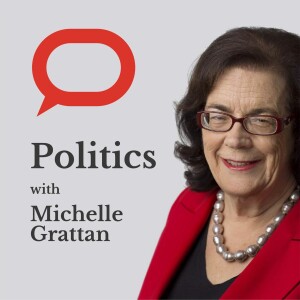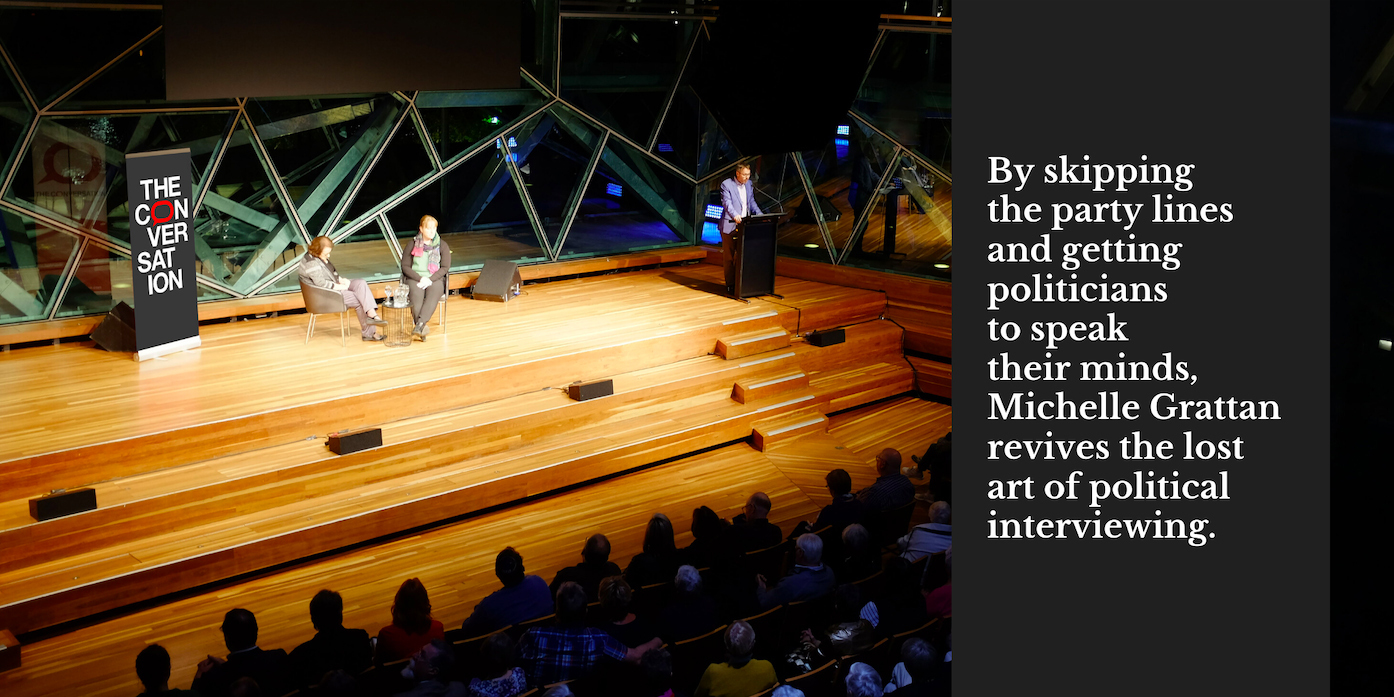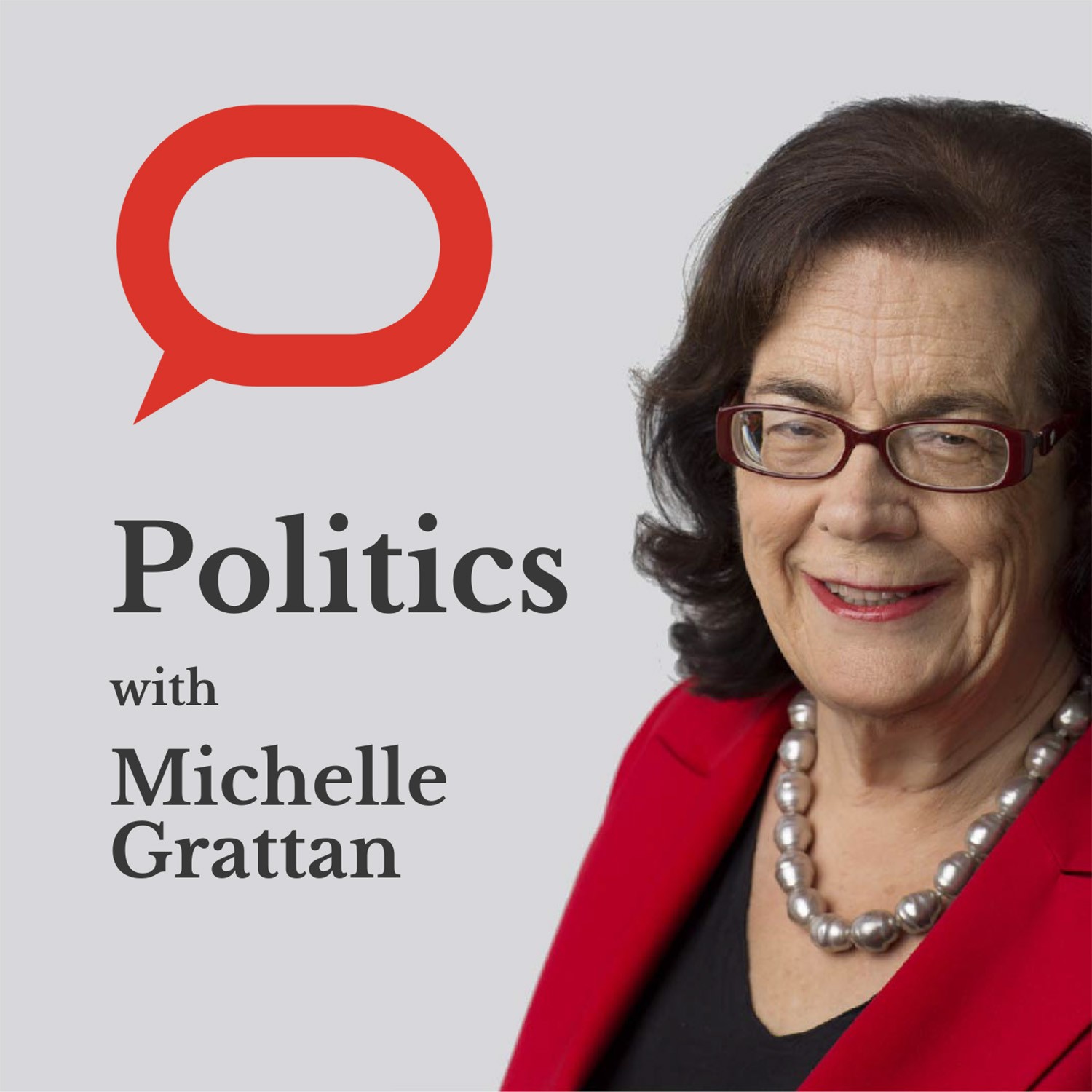Episodes

Thursday Aug 11, 2022
Thursday Aug 11, 2022
The Chinese reaction to United States Speaker Nancy Pelosi's Taiwan visit further escalated tensions in our region, as China becomes more bellicose in language and action.
On Wednesday, China's Ambassador Xiao Qian spoke at the National Press Club. He talked about wanting a positive relationship between Australia and China, while reiterating China's uncompromising line towards Taiwan, and giving a chilling prediction of what the Taiwanese would be in for post reunification.
"The least thing we are ready to do is use force. That is one of the reasons why China has been so patient for several decades. [...] We're waiting for a peaceful unification. But [...] we can never rule out the option to use other means [...] when compelled, we are ready to use all necessary means."
“My personal understanding is that once Taiwan is united, come back to the motherland, there might be process for the people in Taiwan to have a correct understanding of China.”
In this podcast, Michelle Grattan speaks with Nick Bisley, Professor of International Relations at La Trobe University, an expert in Asian foreign relations and Australia's foreign and defence policy.
Bisley says "what we are probably entering into, at least for the next few months, is a period of much sharply-heightened instability and military kind of friction in and around Taiwan".
"China has made very clear for decades now that under certain circumstances it would use military force to deal with what it sees as a rogue province. And those circumstances are largely around a unilateral declaration of independence by Taiwan or some other really significant move away from the old status quo."
"I think what what we see out of this crisis is that China's risk appetite has gone up and its willingness to put up with what it sees as kind of provocations has gone down.
"So the likelihood of them using military force to coerce Taiwan – it's not going to happen this year or next year, but its likelihood of occurring in the next four to five years has distinctly increased."
On whether there is the likelihood of a conflict between China and the US as tensions between the two nations continue to rise, "the constraints that domestic politics puts on each side means that we could end up in a situation where they are backed into a corner and find that there's few ways out other than some kind of military action, which then escalates."
But "if there is a proper conflict between the US and China, everyone loses pretty significantly."
"When we look back in February 2022, thinking about what Putin would do in relation to Ukraine, we all thought he's not going to do a full-blown invasion. It doesn't make any sense. It's not in his interest to do so. I think we've always thought that about Taiwan. It's just not in the US's interest to do the full-blown military operation. And the lesson has got to be from Ukraine, is that sometimes rationality doesn't always win."
On whether the Albanese government is handling the rising tensions with China well, Bisley says: "They're playing a reasonable hand in what is a pretty difficult set of circumstances."


Comments (0)
To leave or reply to comments, please download free Podbean or
No Comments
To leave or reply to comments,
please download free Podbean App.